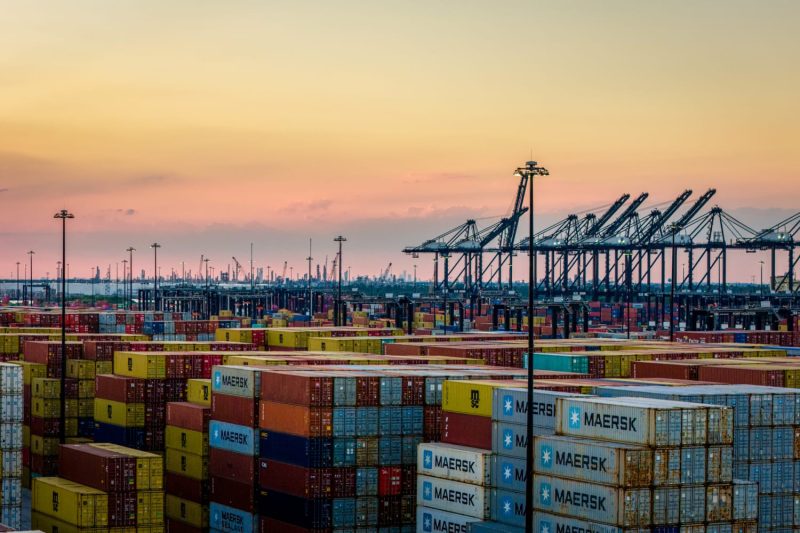The impact of a major maritime strike on East Coast Ports
Labor disputes can strike a heavy blow to any industry, but maritime strikes have far-reaching effects that reverberate through multiple sectors of the economy. When dock workers lay down their tools and walk off the job, the ripple effect soon spreads to everyone connected to the shipping industry – from dockside businesses to exporters, manufacturers, and ultimately, consumers worldwide.
Potential Impact on the Shipping Industry
The East Coast ports, which handle billions of dollars in cargo annually, could be smack in the center of chaos should a major maritime strike happen. The majority of imported goods that make up our day-to-day lives, from electronics to clothes and foods, come through these ports, which also serve as a gateway for the export of American-made products to international markets.
A shutdown of these ports could freeze the flow of goods, immobilizing the economic lifeblood of the region and the nation. Ships would be prevented from docking and unloading; warehouses would be unable to distribute goods, and exporters would struggle to deliver their products to international buyers.
Ripple Effect on Other Industries
The effects of a maritime strike would not be limited to the shipping industry alone. The automotive, retail, agriculture, electronics, and manufacturing industries, amongst others, would be severely impacted. Cars relying on imported components could halt on assembly lines, retailers could face stock shortages, and farmers could find a glut of unpurchased produce.
The transportation industry would also experience a corresponding decline in business, as the delivery of goods would diminish. Rail and trucking companies, which are closely linked to port activities, could see a drop in demand by default.
Economic Impact
A shutdown of operations on the East Coast ports could result in considerable economic loss. The long-term effects of the strike could potentially run into billions of dollars, considering that the ports contribute significantly to the country’s GDP. Wages would be lost, businesses would feel a hit, and the knock-on effect could eventually affect the commercial viability of the ports themselves.
Effects on Consumers
The end consumers would not be spared either. As supply chains break down, shortages could lead to price hikes, affecting household budgets. Consumers may face rising costs, even for basic essentials, and the resultant inflationary pressure could have significant socio-economic implications.
Disruption of International Trade
On a broader scale, a major maritime strike on the East Coast ports could disrupt international trade. The United States relies heavily on these ports for international business transactions, and a strike could potentially destabilize this system. It could strain relations with trade partners who rely on prompt and reliable delivery of products.
Conclusion
The prospect of a major maritime strike threatening ports across the East Coast highlights the vulnerability of global supply chains and the importance of labor peace in such crucial industries. It underscores the need for adequate labor dispute resolution mechanisms, the importance of maintaining robust and versatile shipping options, and the necessity to increase the resilience of supply chains to withstand such shocks.
